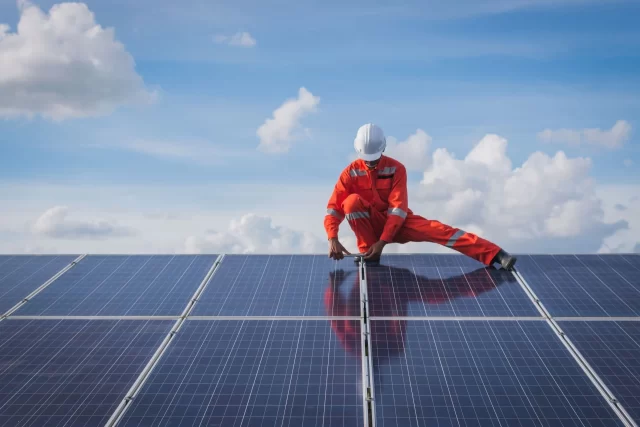Vietnam has made considerable progress in its green energy transition, setting a goal of net-zero carbon emissions by 2050 and reducing coal reliance. This commitment is reflected through The Power Development Plan VIII (PDP8), which aims to expand renewable energy to 30 percent by 2030. Multiple policy initiatives have been introduced to encourage investment in and enable the transition to renewable energy, including the Direct Power Purchasing Agreement (DPPA) regulations and the upcoming Decree on promoting the development of self-produced and self-consumed rooftop solar power.

The draft decree, initially released by the Ministry of Industry and Trade (MOIT) in April 2024 for public comment, specified that rooftop solar power development was intended for the sole purpose of self-consumption, with limited transmission to the national grid line. Surplus energy was not authorized for selling to other organizations or individuals, including the Vietnam Electricity Corporation (EVN).
However, recent commentary from the Government has signaled positive alterations to the industry’s landscape under the second draft decree, offering more lucrative investment opportunities for investors.
Following the Government’s feedback, the MOIT has amended its draft Decree to expand the list of subjects eligible for rooftop solar power installation, including industrial parks, clusters, export processing zones, high-tech zones, economic zones, and production and business establishments. With 428 industrial parks, over 1,000 industrial clusters, and nearly 8,000 enterprises and secondary investors, the technical potential of rooftop solar power is estimated at almost 22 GW.
The recent draft Decree on rooftop solar power in Vietnam marks a significant step towards enhancing the nation’s renewable energy landscape. By promoting self-produced and self-consumed solar systems, the Government is facilitating investment opportunities for foreign entities while supporting its ambitious goal of achieving net-zero carbon emissions by 2050.
As Vietnam transitions from coal dependency to renewable sources, the demand for solar technology and services is expected to surge. This shift will present numerous avenues for investment, particularly in advanced solar technologies, energy storage solutions, and smart grid management systems.
However, regulatory challenges remain, requiring investors to closely monitor and navigate the evolving landscape. Ultimately, the successful implementation of this draft Decree could greatly enhance Vietnam’s green energy initiatives and drive economic development.
Vietnam Rooftop Solar Power: Draft Decree Opens Up Investor Prospects

